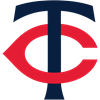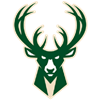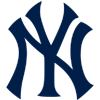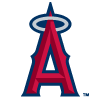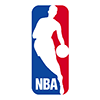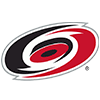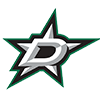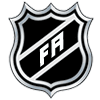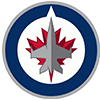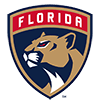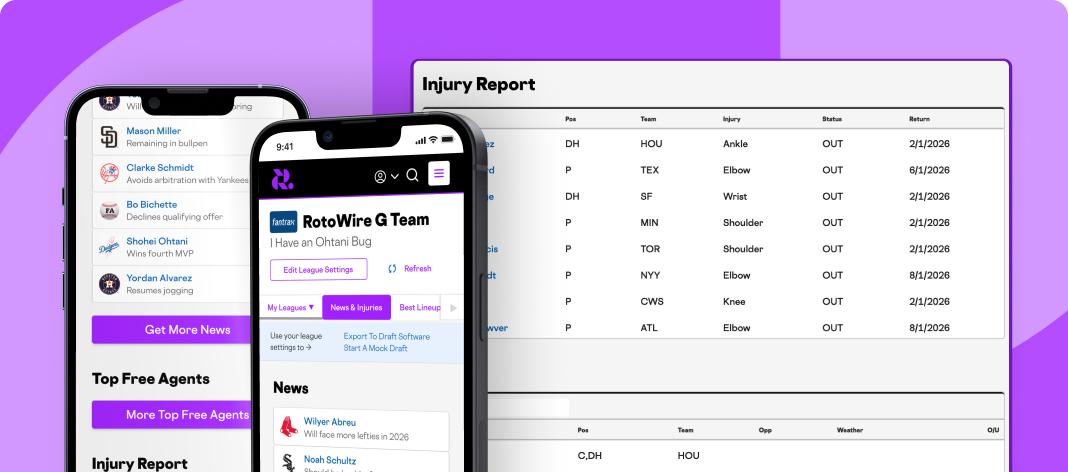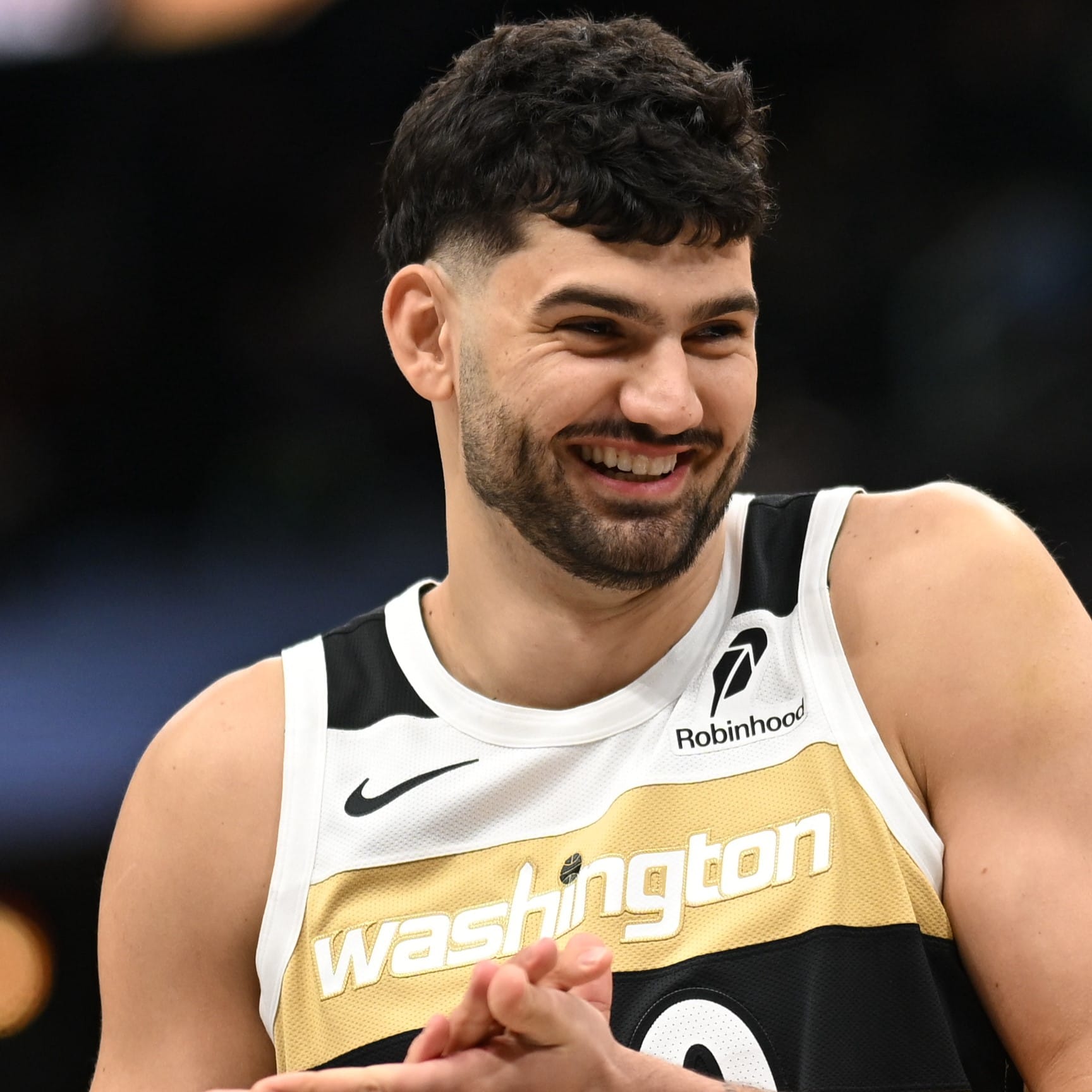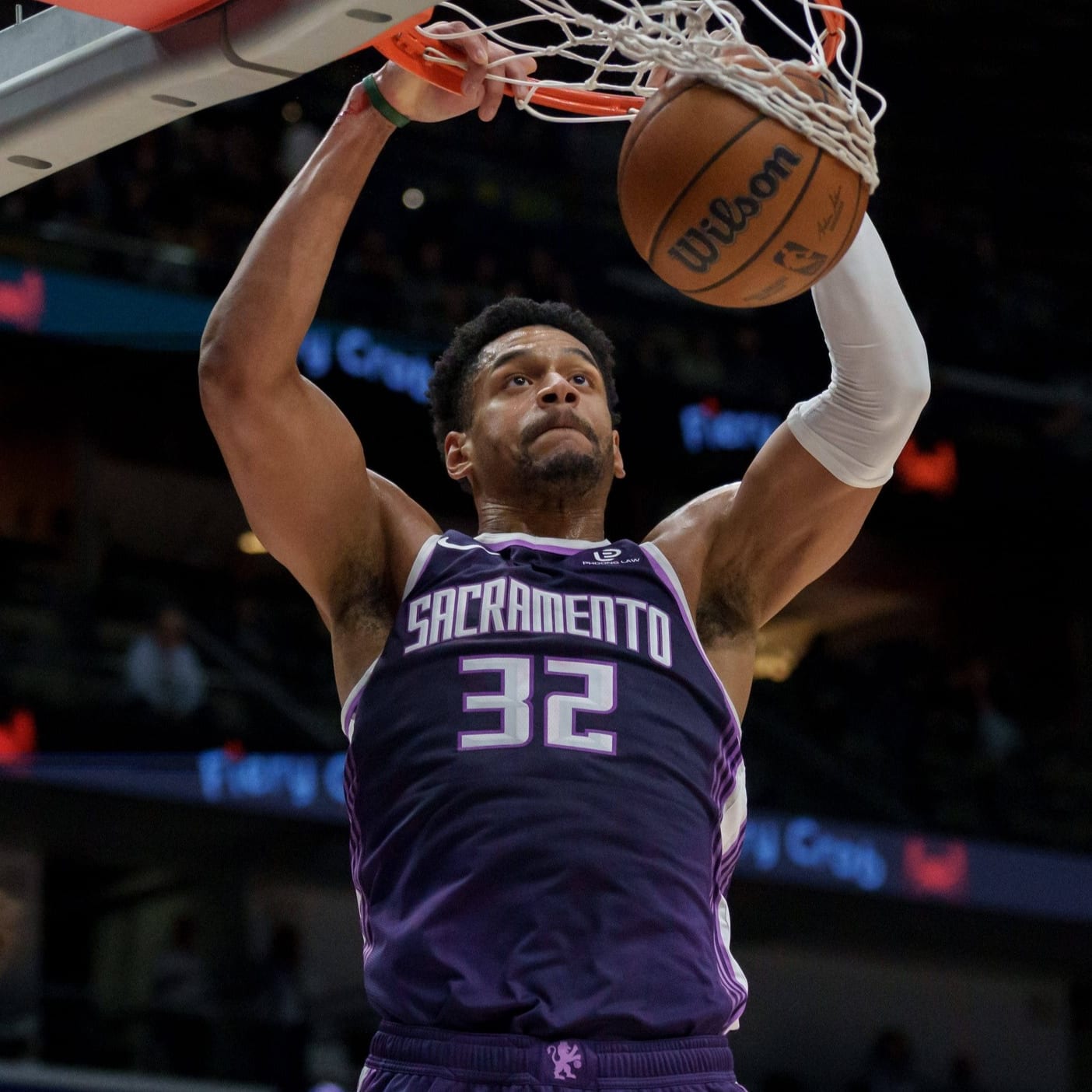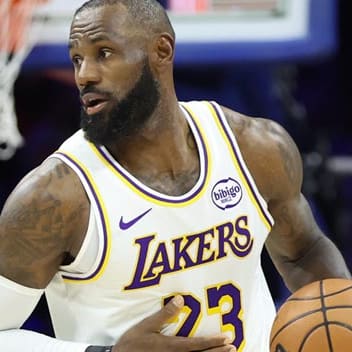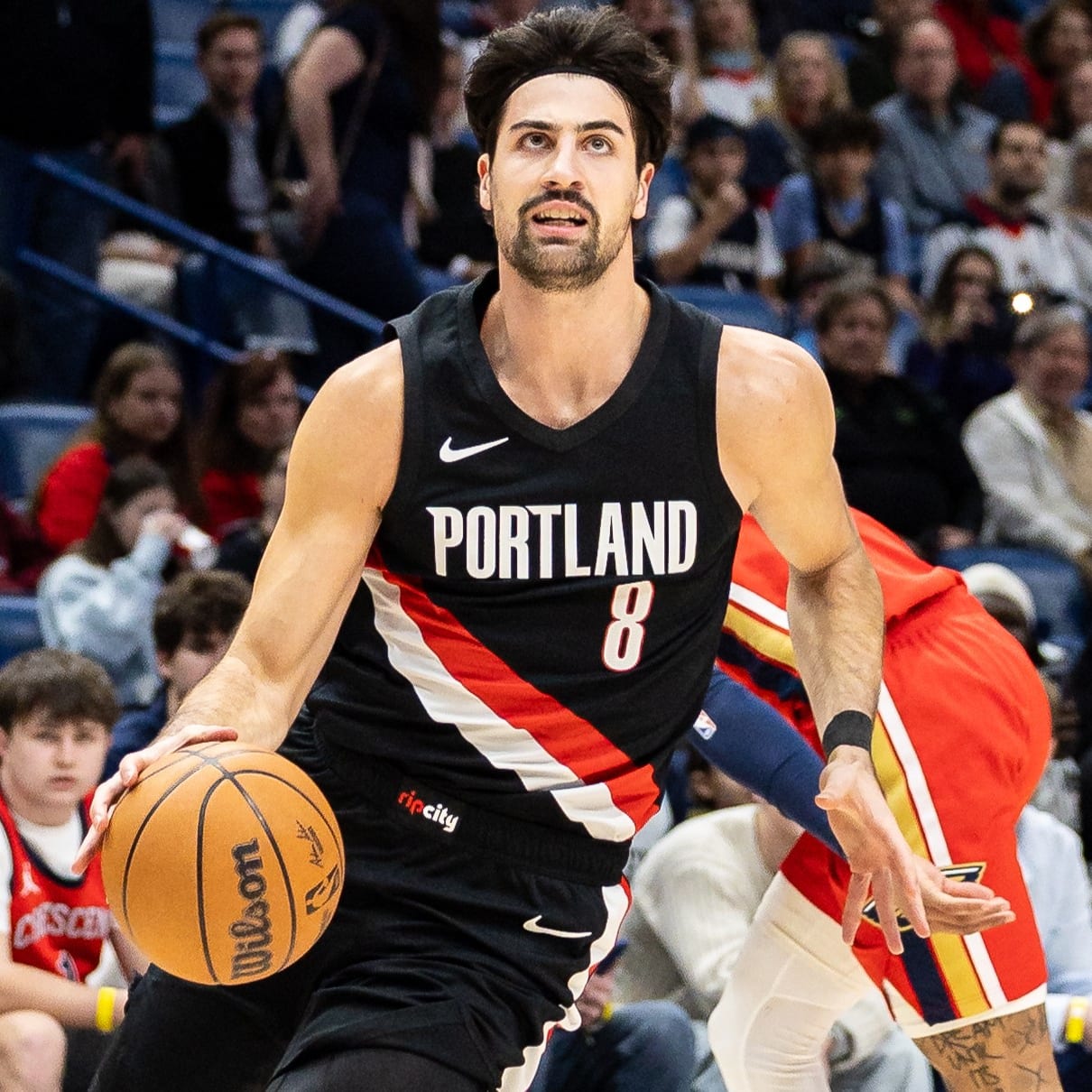CLEVELAND CAVALIERS
By Natalie Jay
RotoWire Staff Writer
STATE OF THE FRANCHISE
The 2005-2006 season was about seeing whether all the pieces added to complement LeBron James would perform well enough to transform a one-man show into Cleveland's first playoff team since 1998. The Cavs did put together a surprising run, making the postseason with the third best record in the East, but they did so without consistent production from key acquisitions Larry Hughes, Donyell Marshall, and Damon Jones. Hughes missed 41 games with a finger injury, leaving the team scrambling to find a replacement. On top of that, Marshall and Jones lost accuracy from the three-point line, and people even began questioning LeBron's ability to perform in the clutch. All criticism aside, LeBron was enough to keep the team in the mix until the late-February trade for Flip Murray solved the Hughes void and catalyzed the team's late-season push into the postseason. There they capped their run by beating Washington in the first round and pushing the Pistons to Game 7 in the conference semis.
It goes without saying that the most important aspect of GM Danny Ferry's offseason plan to improve the status quo was the extension LeBron signed in July that will keep him in Cleveland through 2009-2010. As was the case going into last season, however, while it's practically accepted fact that James will dazzle us all again by continuing to redefine amazing, the Cavaliers' success will depend on how much better than mediocre his supporting cast can be. After exploring free agency, Drew Gooden was re-signed and will start again at power forward. Despite offseason trade rumors and his finger still not being completely healed, Hughes returns to added ball handling responsibilities after Flip Murray was unceremoniously allowed to leave. To further ease the loss of Murray, Ferry signed free agent David Wesley and drafted versatile guard Shannon Brown. Finally, free agent Scot Pollard joins the blossoming Anderson Varejao in helping to keep aging-but-productive center Zydrunas Ilgauskas fresh. Surrounded by the exact same key players from a year ago along with an upgraded bench for his supporting cast, LeBron is already talking championship, but he can't do it alone.
PLAYING TIME DISTRIBUTION
Zydrunas Ilgauskas will play around 30 mpg, as Scot Pollard will play around 12-15 to help keep Ilgauskas fresh. Anderson Varejao will play some center, too, when the Cavs want to elevate their pace, though he will see most of his action-the Cavs hope about 20 mpg-off the bench behind Drew Gooden, whose rebounding will continue to earn him a starting role and 20-25 mpg. Donyell Marshall figures to play about 20 mpg, or perhaps less depending on Varejao's performance. After LeBron James played close to the entire 48 minutes numerous times last season, coach Mike Brown hopes to limit him to 40 mpg this season, though that's unlikely. Ira Newble, James' backup, figures to top out at under 10 mpg again this season. At point, starter Eric Snow will get 20-25 mpg, Damon Jones about 20 mpg, and rookie Daniel Gibson no more than 10 mpg. Jones could also play some shooting guard, where starter Larry Hughes, expected to have a larger ball handling role, will see 25-30 mpg if healthy. Rookie Shannon Brown can play at both guard spots and could see up to 15 mpg to start out. David Wesley won't play the 30-plus mpg he averaged in Houston, and will probably top out around 15-20, if not less. Sasha Pavlovic, Stephen Graham, Luke Jackson, and Eddie Basden will all top out at five to 10 mpg, assuming they can make the team.
PLAYER OUTLOOKS
Center
Zydrunas Ilgauskas: Ilgauskas has managed to stay healthy of late, missing just 10 games over the last four seasons, after foot injuries wiped out the early portion of his career. He's got nice touch and has been more efficient since LeBron James joined the team. He rebounds well and can block shots, though he's prone to defensive lapses. That sometimes causes a reduction in playing time, but Scot Pollard isn't about to take his job. As long as Z stays healthy, he's one of the elite true centers in the league.
Scot Pollard: The Cavs acquired Pollard for the express purpose of providing veteran depth behind Zydrunas Ilgauskas and Drew Gooden. As the least-talented big man on the team, he has next to no fantasy potential.
Forward
LeBron James: LeBron established himself as the most complete player in fantasy basketball last year. He averaged 31.4 points, 7.0 rebounds, 6.6 assists and 1.8 steals on 48.0% shooting from the field and he's only going to get better. It's scary to think what his ceiling could be when you look at last year's numbers, but LeBron can do it all for your fantasy team. He was second in the league in minutes played last year (42.5 minutes per game), and despite averaging 41.5 minutes a game in his career, has only missed eight games in three years. At 6-8, 240 lbs., he has the three-point range (1.6 threes per game last year) to stretch the defense but can also get to the rim at will (average of 10.3 free throw attempts last year). He'll be a perennial number one pick for years to come.
Drew Gooden: Gooden is a solid rebounder (8.4 rpg), but last season a timeshare with Donyell Marshall and Anderson Varejao led to a career-low 10.7 ppg for Gooden, even though he shot a career-high 51% from the field. At 6-10 and athletic, Gooden is the most physically gifted of the three, but defensive lapses often keep him benched in crucial situations. Since he will be competing with those same players for opportunity again this season, Gooden's outlook shouldn't change much.
Anderson Varejao: After an impressive showing in the conference semis, Varejao will get more consistent minutes as the Cavs want to run more high pick-and-rolls between him and LeBron James. From January to April last season, his production increased in direct proportion to his playing time, until he finished the month of April having averaged 25.3 mpg, 7.9 ppg, and 8.6 rpg.
Donyell Marshall: Marshall can keep himself in the mix for significant minutes at power forward by rediscovering his ability to shoot threes at a 40% clip, the reason the Cavs brought him to Cleveland in the first place, though his six rpg average last season wasn't bad for someone averaging 25 mpg.
Sasha Pavlovic: If Larry Hughes stays healthy, Pavlovic won't get anywhere near the minutes his potential bought him last season as the Cavs searched for Hughes' replacement.
Ejike Ugboaja: The Cavaliers' 2006 second-round draft choice from Nigeria won't make this season's roster. Rather, the 6-9 defensive specialist will likely stay abroad to continue developing.
Guard:
Larry Hughes: Following a career-season with the Wizards, Hughes was expected to be the Scottie Pippen to LeBron James' Michael Jordan in Cleveland last year. Instead, Hughes' numbers dropped dramatically across the board even prior to the thumb injury that caused him to miss half the season. Hughes' roto potential lies in his combination of slashing scoring ability, instincts to play the passing lanes and grab steals, and the use of his size (6-5) and ball handling ability to generate rebounds and assists. Unfortunately, his strengths are all poor-man's versions of James's strengths, and for that reason the full range of Hughes' game wasn't often on display. Hughes still produced decent all-around numbers last season (15.5 ppg, 4.5 rpg, 3.6 apg, 1.5 spg), but without a signature category and carrying a history of health concerns (missed at least 15 games in five of the last six seasons), Hughes enters this season as more of an afterthought than the borderline roto superstar many expected a year ago.
Eric Snow: Snow's veteran presence will be less and less valuable as LeBron James matures, and with James and Larry Hughes - outstanding passers both - on the floor, Cleveland doesn't really need a prototypical point on the floor all that much. Look for promising rookie Shannon Brown or Damon Jones (if he can recapture the game he apparently left in Miami) to cut into Snow's playing time.
Shannon Brown: First-rounder Brown was selected to help bolster the Cavs' backcourt, and his defensive ability represents an immediate boon. With Larry Hughes not fully recovered from his finger injury, Brown could be given every opportunity to make an immediate impact, especially because he can play both guard positions.
Daniel Gibson: The Cavs' second-round draft pick is a good catch-and-shoot scorer who provides solid perimeter defense, but he's still a bit of a project and will only see a handful of minutes off the bench at point guard to start out.
Eddie Basden: Basden went from one team that already had a bounty of guards (Chicago) to another (Cleveland). He'll be limited to about the 7.5 mpg he averaged off the bench with the Bulls if he makes the team.
Stephen Graham: With the logjam at guard, Graham may not even make the roster, as the Cavs can get his 2.6 ppg and 1.2 rpg elsewhere.
Luke Jackson: The injury-plagued Jackson will be a non-factor, even if he manages to make the team. There is too much talent at guard ahead of him.
Damon Jones: Jones will need to rediscover his consistent three-point shot to maintain his prominent place among the Cavs' role players. He'll have to distinguish himself from the pack at the deepest position on the team to do so.
Ira Newble: Backing up LeBron James is practically the NBA equivalent of backing up Peyton Manning in the NFL. Newble and his 1.3 ppg average won't see more than 10 mpg this season, and that's probably stretching it.
David Wesley: Though he averaged nearly 10 points and around 33 minutes per game in Houston, Wesley was brought in to be a veteran presence, as well as a reliable three-point shooter. In Cleveland, he should see no more than 15-20 mpg, which could drastically lower his already limited production.
Sleeper:
Larry Hughes: Some say that Hughes' performance was already in decline last season by the time he missed 41 games, but they forget that the initial finger injury occurred during the preseason. The finger still isn't pain free, but the Cavs are committed to increasing his ball handling responsibility this season. If he can stay healthy enough not to miss too many games, upwards of 20 ppg and five rpg isn't unrealistic, but proceed with caution nonetheless.
Bust:
Zydrunas Ilgauskas: The formerly injury-prone big man has stayed fairly healthy for a few years running, but signs that the 31-year-old may be headed for decline include the sprained ankle that caused him to miss time during the playoffs and the fact that he's nearing the age when most centers start to break down anyway. As they already started to do last season, the Cavs will turn to Anderson Varejao when they want to play more up-tempo, which will only help to limit Ilgauskas' minutes.
Article first appeared on 10/9/06




